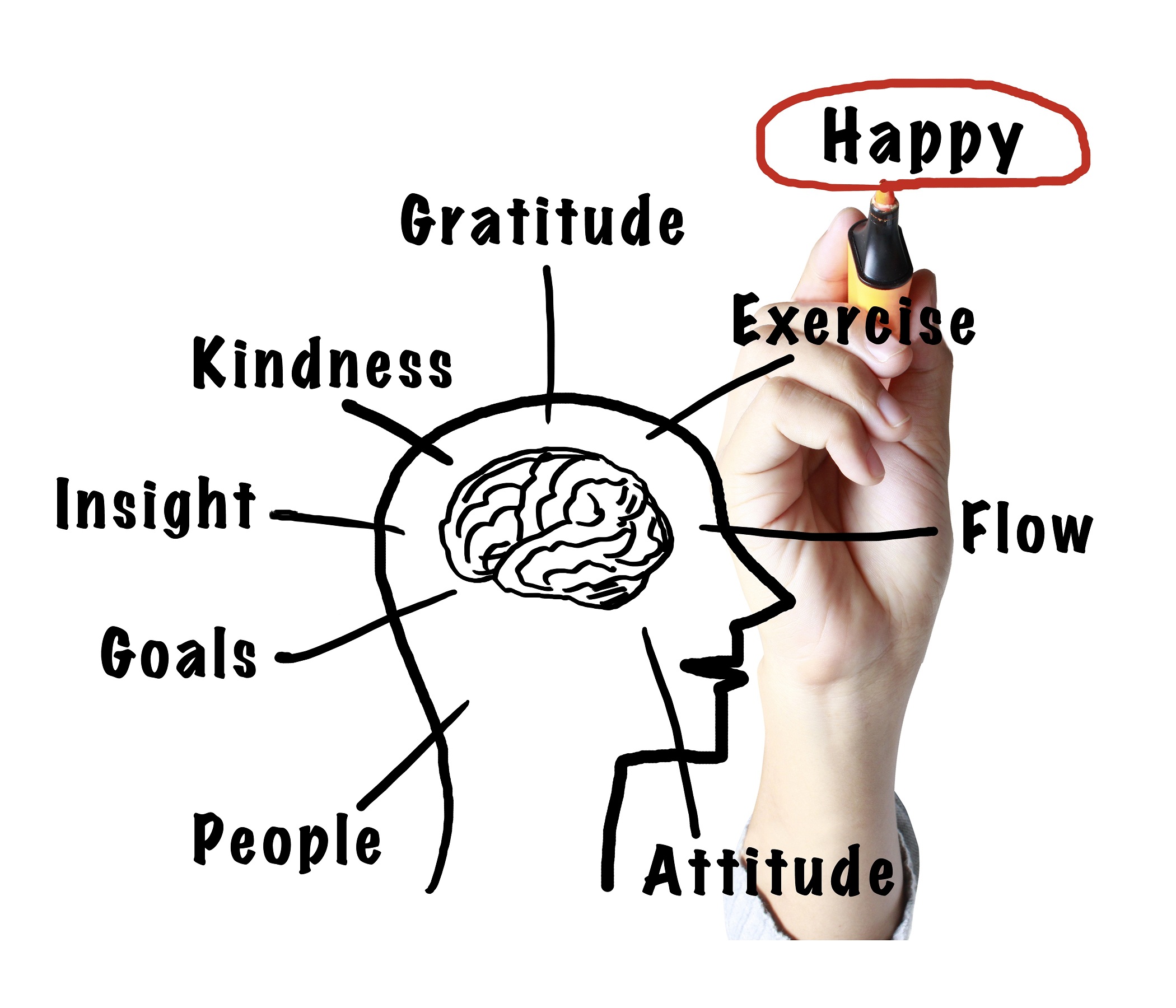By Chioma Emma
Happiness is a universal human goal, yet it remains an elusive concept for many. What does it mean to be happy? Is it a fleeting feeling or a long-term state of being? Can we control our happiness or is it determined by external factors? The science of happiness, also known as positive psychology, has made significant progress in understanding the nature of happiness and how to cultivate it.
Defining happiness
Happiness is often defined as a positive emotional state characterized by feelings of joy, contentment, and satisfaction. However, research suggests that happiness is more than just a feeling; it’s a multifaceted construct that encompasses various aspects of our lives. According to the Oxford Happiness Questionnaire, happiness consists of three components:
1. Positive affect (feelings of joy, happiness, and contentment)
2. Life satisfaction (evaluation of one’s life as a whole)
3. Psychological well-being (sense of purpose, meaning, and fulfilment)
Factors influencing happiness
Research has identified several factors that contribute to happiness. These include:
1. Genetics: 40-50% of our happiness is determined by our genetic makeup.
2. Social connections: Strong social relationships with family, friends, and community.
3. Gratitude: Practicing gratitude and appreciation for life’s blessings.
4. Mindfulness: Living in the present moment and being fully engaged.
5. Flow: Engaging in activities that challenge us and provide a sense of accomplishment.
6. Physical health: Taking care of our physical health and well-being.
7. Purpose and meaning: Having a sense of direction and significance in life.
Strategies for increasing happiness
Fortunately, happiness is not fixed and can be increased through intentional practices and habits. Here are some evidence-based strategies for cultivating happiness:
1. Practice gratitude: Keep a gratitude journal, write thank-you notes, or share gratitude with others.
2. Cultivate social connections: Nurture relationships, join social groups, and volunteer.
3. Engage in mindfulness: Practice meditation, yoga, or other mindfulness exercises.
4. Find flow: Identify activities that challenge you and provide a sense of accomplishment.
5. Take care of physical health: Engage in regular exercise, healthy eating, and sufficient sleep.
6. Pursue purpose and meaning: Reflect on values, goals, and passions, and align them with daily activities.
Let me finalise by saying happiness is a complex and multifaceted construct that can be cultivated and increased through intentional practices and habits. By understanding the science of happiness and incorporating evidence-based strategies into our daily lives, we can move closer to living a fulfilling and meaningful life. Remember, happiness is not a destination but a journey, and it’s never too late to start cultivating happiness.

